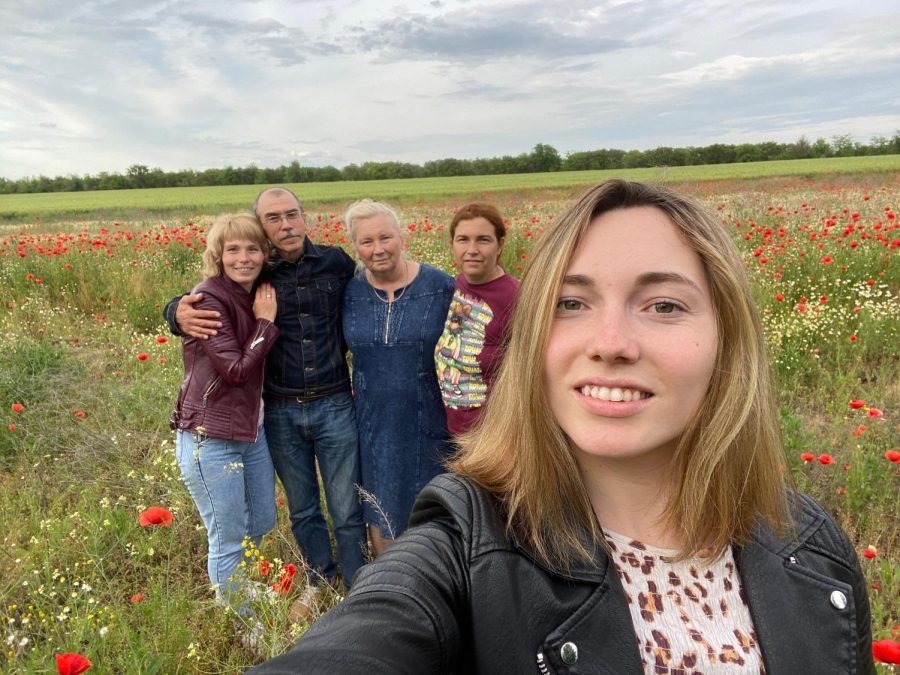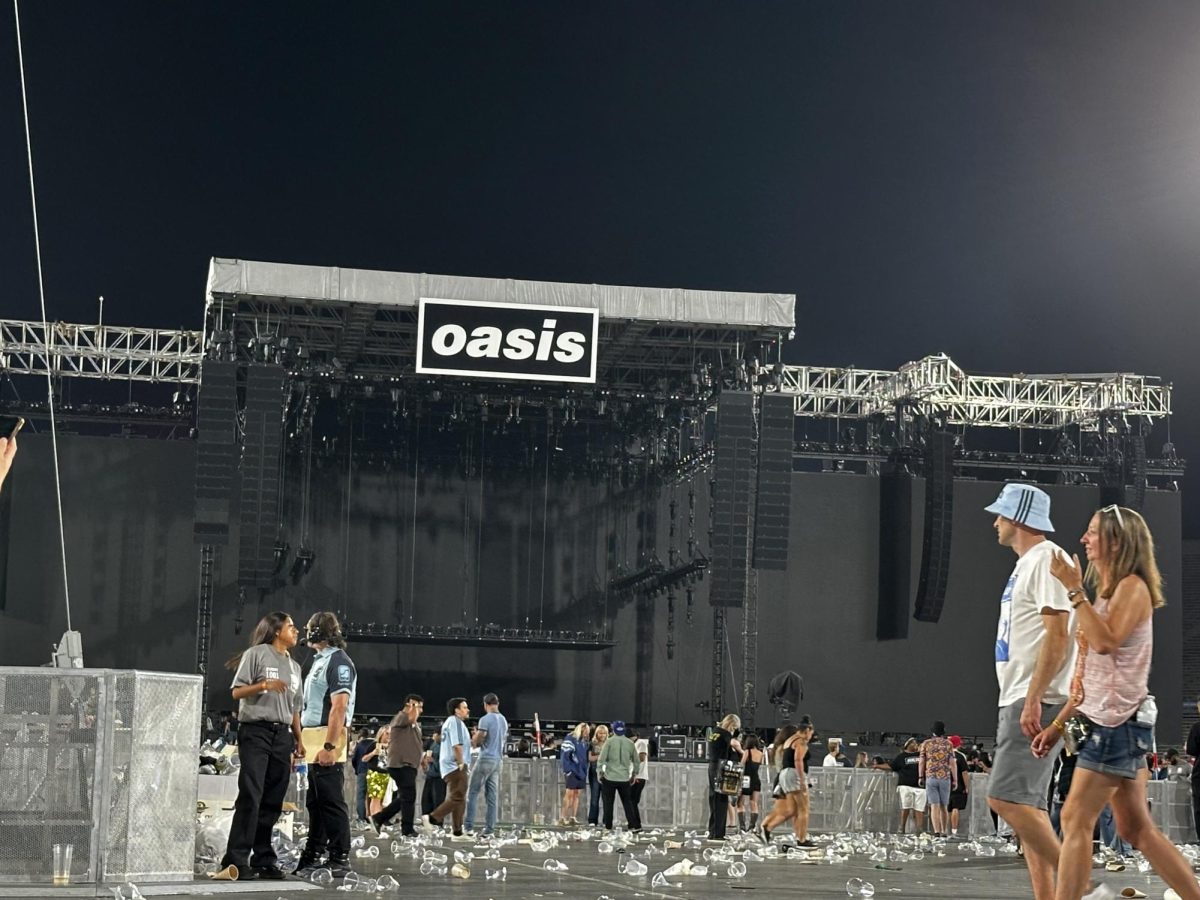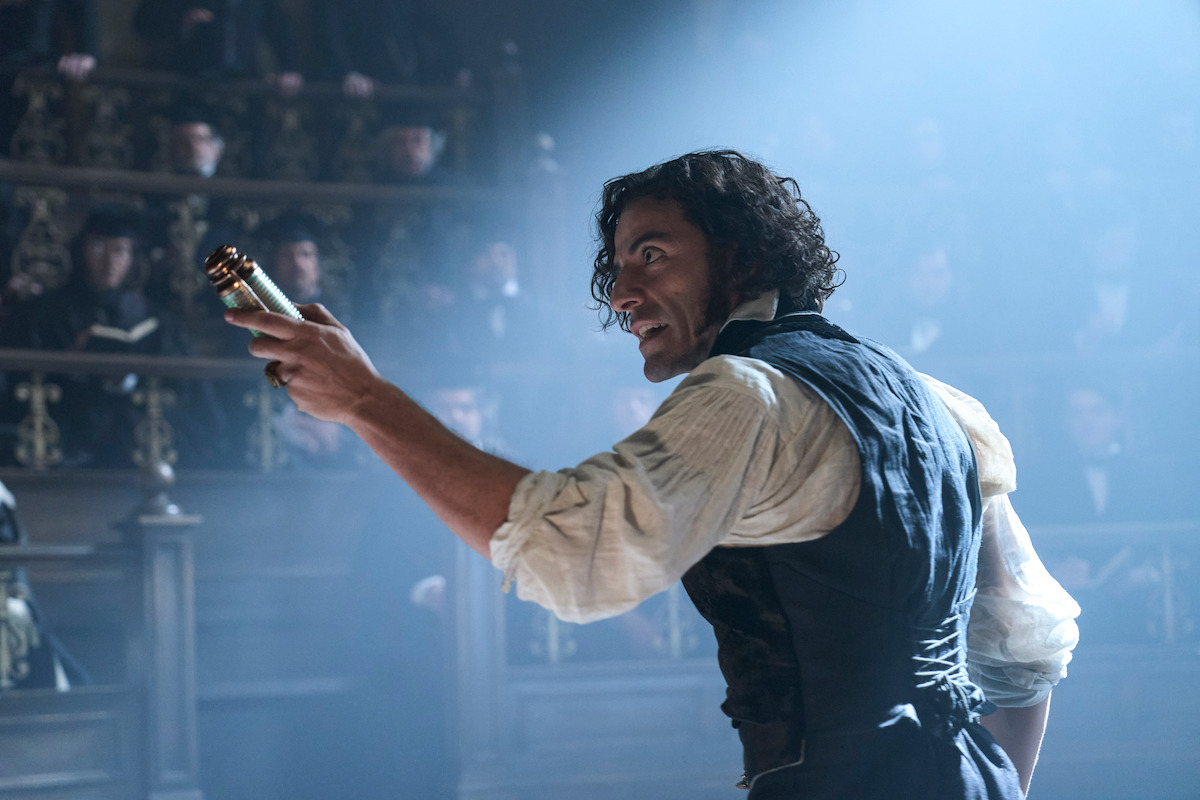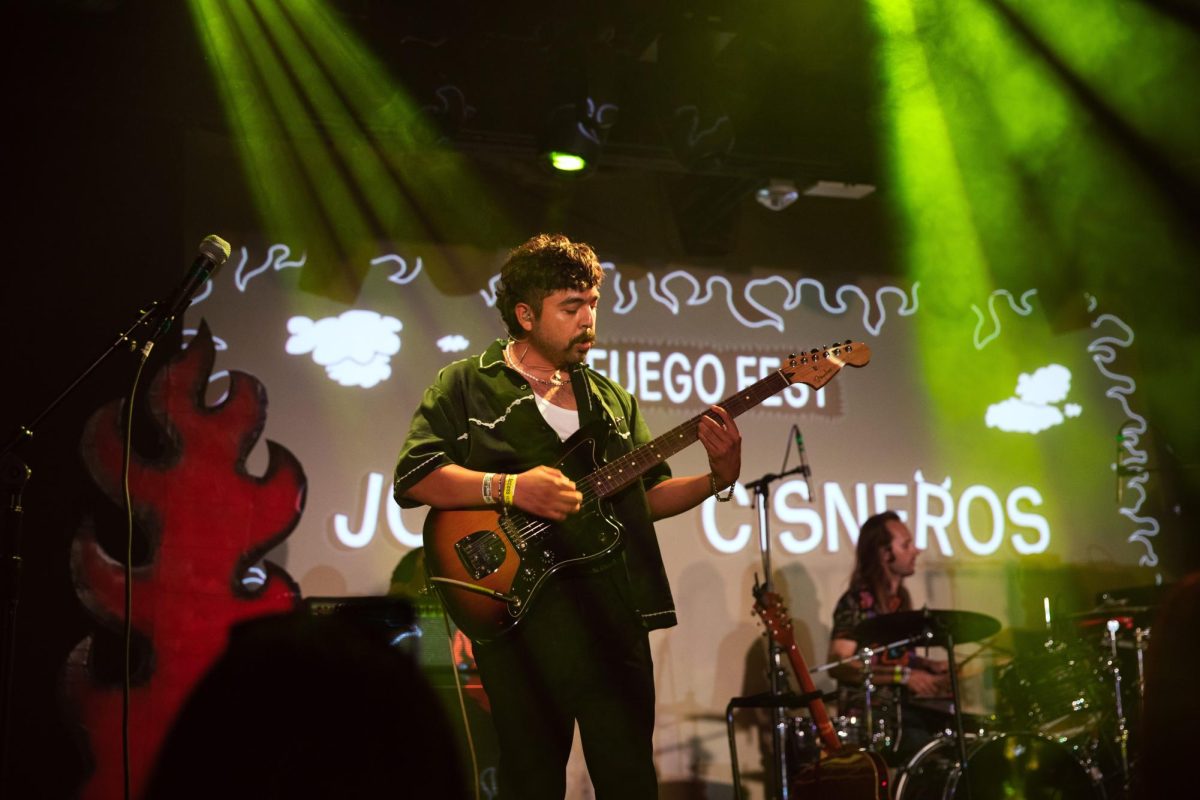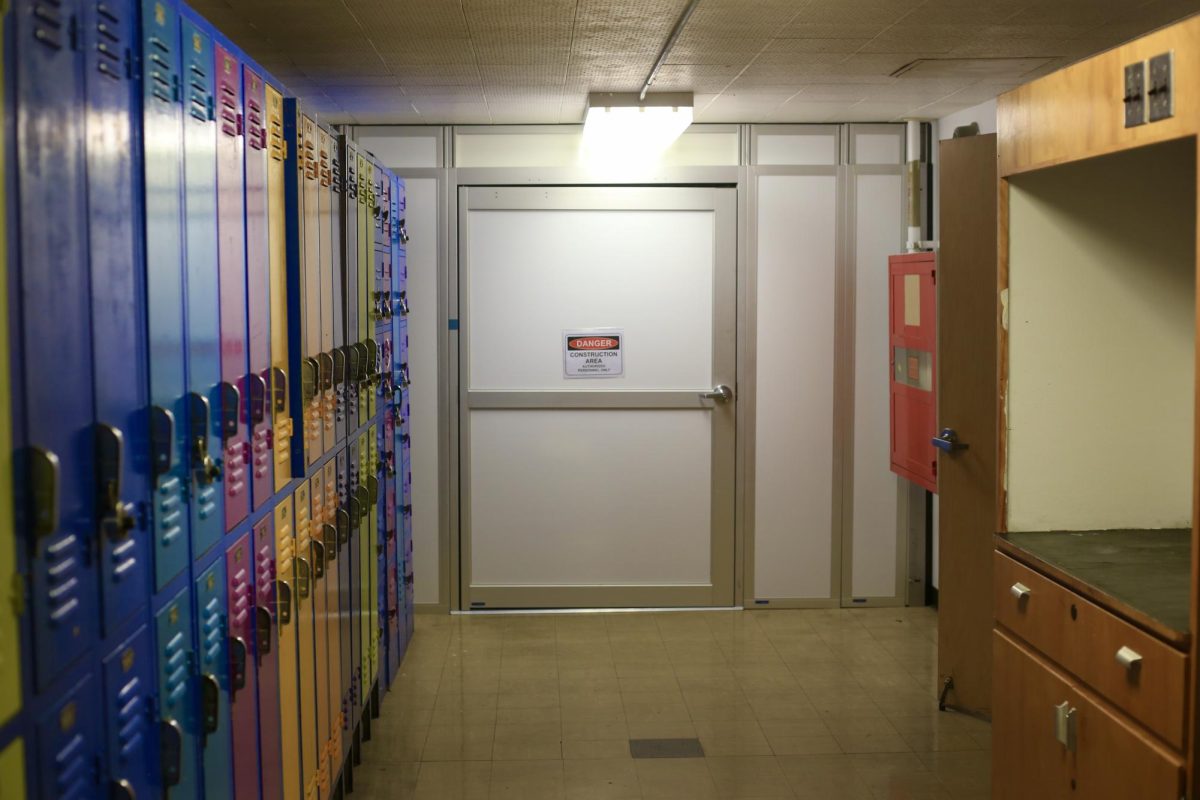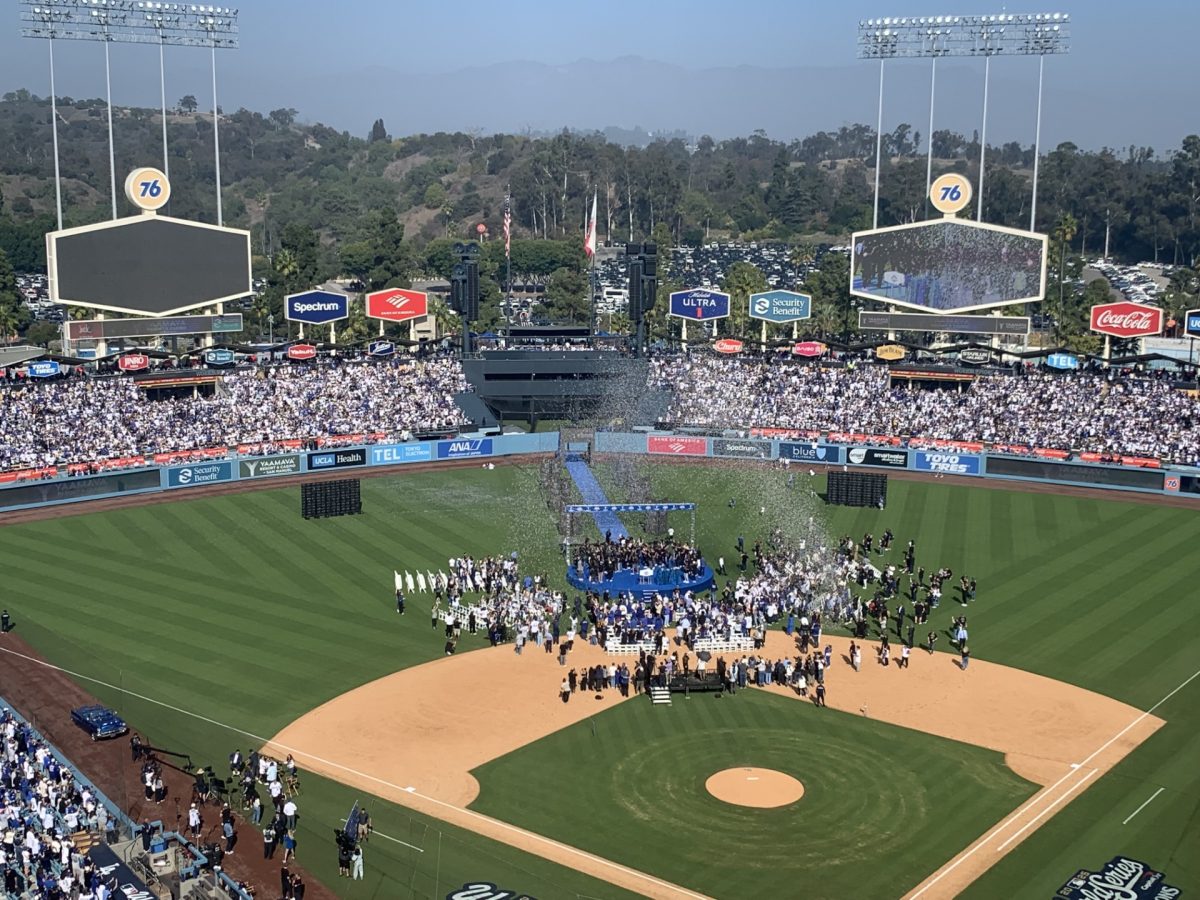On Feb. 24, most of the world watched in horror as Russian President Vladimir Putin launched a large-scale military invasion of Ukraine. According to an article from CBS, as of March 9, the crisis had taken thousands of lives as well as displaced upwards of 2.5 million people, according to the United Nations (UN).
According to a USA Today article, Putin has said, among other things, that the invasion was intended to prevent Ukraine from joining NATO and potentially creating a security concern for Russia.
Here is how one Ukrainian Golden Eagle views the conflict.
“My dad says [the Ukraine conflict] is like if you can imagine a simple story of you being married to someone, but you divorced them like 20 years ago,” said fourth-year student Sofiia Sveshnikova. “You think that you’re free. You’re free to go, and you want to marry someone else. But then, your first husband comes to you and tries to cut your leg off. You say, ‘What are you doing?’ And they say, ‘Shut up. I never freed you, so I’m just going to kill you.’ That’s like what Putin is doing [to Ukraine] right now.”
For Sveshnikova, the Ukraine crisis is very personal because she is from Ukraine and her mother is from Russia.
Sveshnikova currently lives with her family in Glendale while she is finishing the final semester of her undergraduate degree in graphic design at Cal State LA. Five years ago, her life was very different.
Before coming to California, Sveshnikova was a journalist living in Ukraine. In 2017, she and her family won a visa lottery. They were part of 50,000 visa applicants who were randomly selected to receive green cards to come to the United States. Now, Sveshnikova and her immediate family live in California, but she still keeps in touch with her extended family living throughout Ukraine and Russia.
Her family living in rural Ukraine told her about how they helped the soldiers engaging in battle from the sidelines.
“My auntie is a school teacher,” said Sveshnikova. “She goes to cook some food for Ukrainian soldiers and helps make their uniforms.”
Things seem even bleaker for her family members living in urban Ukraine.
“It’s pretty tough,” she said. “During the day, you can try to go to the store, but most of them are empty.”
Sveshnikova says that there are people taking advantage of the chaos, and her family in Ukraine has seen rising grocery prices within one day.
“Thankfully, my family has a friend who has her own grocery store,” she said. “So before things got so bad, on the first day [of the invasion] they asked her, ‘Can you drop some flour?’ So we just got enough flour for them. They got them some fish that could be stored outside of the fridge for a little bit in case they don’t have power. So my family is alive but we don’t know how long they’re gonna last or anything. Crazy stuff.”
For the Sveshnikova family, the future is highly uncertain because the war has destroyed most of the pathways out of the country.
“We try to think about ways of going out but it’s almost impossible at this stage because in the small town the only way to go somewhere else is to the bigger city, which is in an even worse state,” she said. “Going to the border is key, but all the bridges are destroyed. So if they wanted to go to Moldova as refugees, they cannot because it’s all blocked. The train station is also destroyed.”
As Sveshnikova communicates with her family about the circumstances in Ukraine, she is also in communication with her family in Russia who has a very different view.
“They have such bizarre theories,” she said. “They say that the United States decided to attack Russia through Ukraine, and Russia is there to protect us. It’s the propaganda. I heard that they have very limited channels. They only have one opposition channel. They [the opposition networks] were trying to broadcast what’s happening a few days ago, but it was shut down.”
For Sveshnikova, it seems like the saddest part for her is that Putin “doesn’t even care about his own soldiers. They didn’t expect all this to happen to them.”
Sveshnikova is very worried about what will become of Ukraine if Russia regains control and how it will affect people who still live in Ukraine.
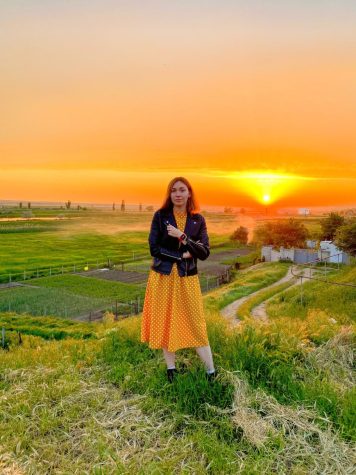
“Ukrainian people had more freedom in terms of being more democratic to people with disabilities, to the LGBTQ community and to different religious people,” said Sveshnikova. “I come from a Protestant family, and in Ukraine, we could just go and share the gospel and talk to people and it was so nice. But in Russia, it’s very different, very limiting.”

